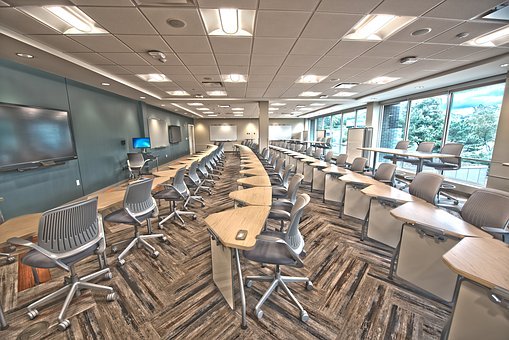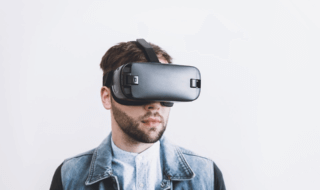There has been an ongoing discourse on the impact of technology on the education sector, where debates and opinions vary. Proponents do make a solid case. Technology is ubiquitous in this digital age. Integration of tech spans from our basic lives to complex systems in outer space. It only follows then that tech can be a great avenue to bring much-needed changes to the traditional education model that the child care business industry still uses today.
On the flip side, opponents argue that technology has adverse effects on the learner. Tech has ostensibly caused in the learners’ ability to be and remain focused. This is ascribed to the inherent digital distractions that hamper a learner’s attention span. This is a somewhat legitimate concern, to be fair, and certainly requires due attention.

However, the incorporation of tech in education is inevitable. We live in a disruptive age. Hence, seismic shifts across many sectors have become the order of the day. Education, as we know it in the modern era, has remained a rather rigid process. Whereby learners have premediated linear paths that each one has to follow, almost obligatorily, it is a one-size-fits-all model that requires overhauls.
Be it that education has been rather reluctant and slow to change; the shift is plausibly quite imminent. Improving the existent model of education is hugely beneficial to both the learner and society. Great innovators in the Edtech industry are tirelessly working towards progressive and efficient solutions. These include, but certainly not limited to:
- Growth and rise of Massive Open Online Courses.
- Immersive learning in the classrooms.
- Personalized learning.
- Artificial Intelligence and Machine Learning for students.
- Interactive displays for schools
Here are some of the ways we believe technology is making education and learning better.
Contents
Interactive Learning

Learning in most institutions has always been a passive exercise. Whereby the instructor steps into the classroom and talks while the students merely listen. Technology seeks to change this aspect by adding essay writer help the classroom setup to help all parties be more proactive. Therefore, students can engage actively in the learning process. For instance, when learning about the astronomy, students can use interactive software, such as NASA’s Moon Toolkit, for an immersive learning experience.
Consequently, learners get to enjoy themselves as well as the learning process itself. It then becomes easier for a learner to develop a genuine passion towards a discipline of their own liking. Engaged learners translate to committed individuals who are likely to make a meaningful impact on society.
Real-World Problems and Solutions
Integrating tech in schools allows real-life issues to be brought into more palpable insights in the classroom. The internet enables convenient access to information that highlights and expounds on the issues arising all over the world. Learners are thus able to diversify their perspective across the different issues different people are facing in the world. This not only makes them better individuals but also encourages them to conceptualize and implement solutions to these problems.
Online Forums and Debates

This is undoubtedly a remarkable avenue for students to come together and share mindsets. In these debates, learners will encounter like-minded individuals as well as contradictory opinions. They can, therefore, collaborate on different ventures as they receive instant feedback. It allows learners to augment their levels of understanding. As such, they can refine their thinking through a deeper comprehension of the matters at hand.
Coaching as Opposed to Instructing
Tech has enabled instructors to broaden their remit. It extends beyond merely imparting knowledge on specific concepts. Besides, they can also guide learners in the different ventures that they take up. As a result, learners can get the relevant information and training while receiving constant feedback and support. Consequently, learners can improve their skills, such as research, solving problems, and making decisions.
Formative Assessment
As mentioned above, tech has enabled learners to focus on more than their academic performance when learning. As learners develop the relevant skills to their areas, instructors can assess both their understanding of the concepts and real-life application of the tech resources at their disposal. Educational activities based on technology, hence, present an opportunity for students to learn holistically. In such a way that test scores and grades are only part of the learning process and not the defining metrics.
Tech is undoubtedly introducing an array of innovative concepts in the classroom. For all the possible demerits that require addressing, there is immense potential to be gained. This is a superb platform to nurture all young minds. Time will tell.



